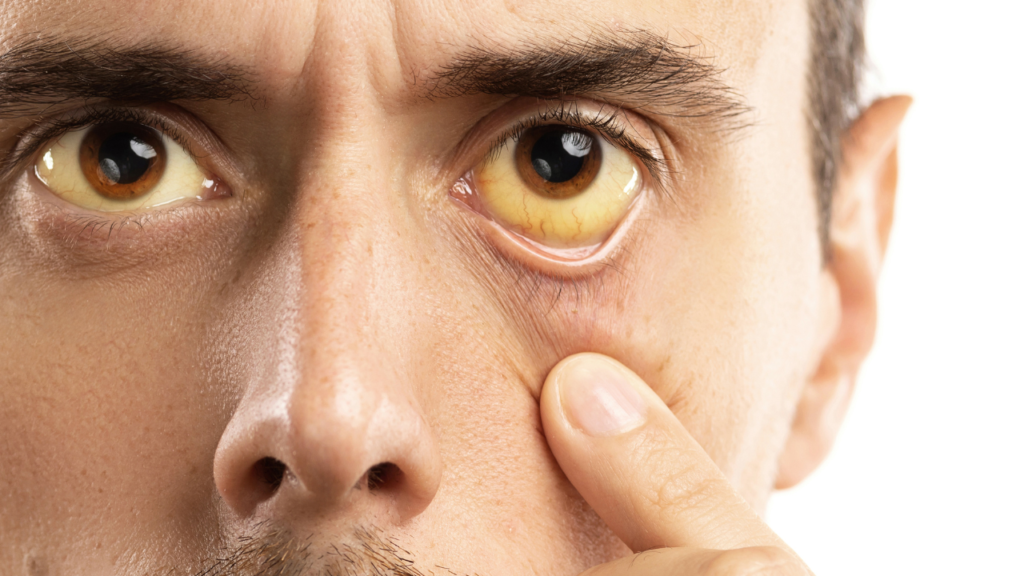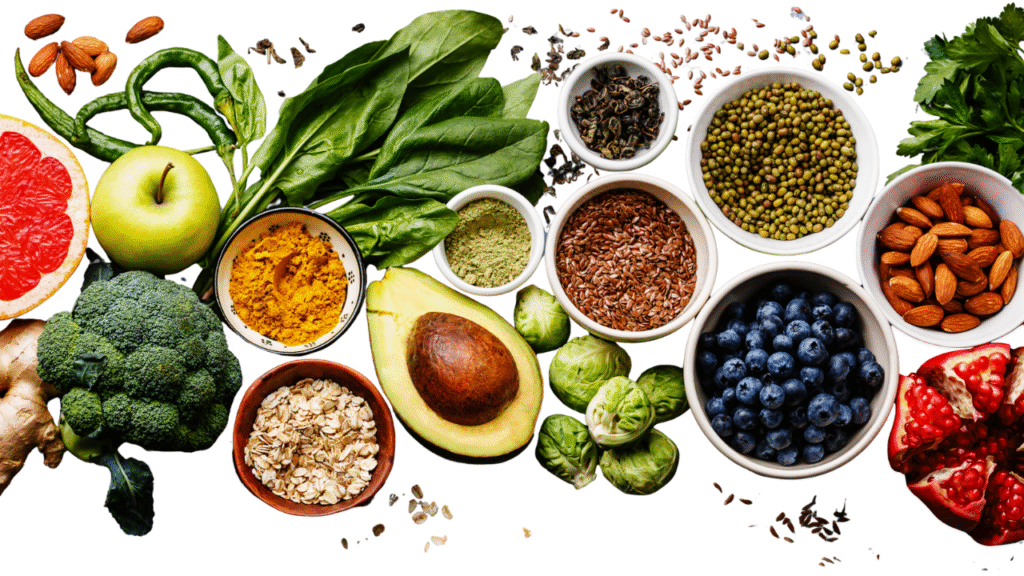Borage is an annual herb in the flowering plant. It is also referred to as a starflower and bee plant and belongs to Boraginaceae’s flowering plant family. Traditional medicine uses it to treat seizures, dilate blood vessels, and sedatives.
Its origin has been traced back to the Mediterranean region. However, it is known to grow best in the climate in the United Kingdom, a temperate climate.
It scientific name is Borago officinalis.
The flowers and leaves of the plant are edible; you can use them as a dried herb or vegetable to garnish various drinks and dishes.
On the other hand, the flower of this plant has a delightful taste and adds a “cucumber-like” aroma to your recipe.
What area of the plant is edible? Leaves: The plant’s leaves and flowers are edible. Sometimes the leaves are ground up and used to make an herbal tea by steeping them in hot water.
Nutritional Information
Borage is one of the Mediterranean nations’ most widely used low-calorie culinary herbs. Fresh leaves contain about 21 calories per 100 g, and numerous essential minerals, vitamins, and phytonutrients are present in the herb. Some vitamins borage have Vitamins C, A, Riboflavin, Thiamin, Folate, Niacin, and Pyridoxine.
You can also get minerals like calcium, copper, iron, magnesium, manganese, zinc, sodium, and potassium.
Ten Health Benefits
1. It May Benefit Skin Health.
Borage oil includes a lot of gamma-linolenic acids (GLA), an essential fatty acid for the structure and function of your skin. It also has anti-inflammatory and antioxidant qualities, which can help stimulate wound healing and rebuild your skin’s natural barrier. Furthermore, some study suggests that it may help with a variety of common skin disorders, including atopic dermatitis.
2. It May Help Treat Asthma.
Borage extract could help relieve asthma symptoms by decreasing inflammation and swelling in the airways. However, one trial involving 38 participants indicated that taking 5 mL of borage extract three times a day alleviated symptoms but did not decrease inflammation compared to a control group. Therefore, it’s unclear whether the herb was responsible for these studies’ beneficial effects.
3. May Alleviate Inflammation
Borage contains anti-inflammatory properties, which are very beneficial in reducing pain and swelling. Therefore, consuming borage can reduce various inflammation-related issues, such as arthritis. For example, one study of 74 people observed that taking a borage oil supplement reduced symptoms of rheumatoid arthritis for 18 months.
4. Borage Contains Powerful Antioxidants
Borage is rich in vitamin C and vitamin A, which can act as antioxidants in your body. These potent antioxidants combat free radicals and protect your body from various ailments. You can obtain these nutrients from both borage leaves and flowers.
Antioxidant qualities are not found in all plants. So it’s good to know that borage has them.
5. It Aids in the Circulation of Blood:
Boosting red blood cell production is one-way borage helps blood circulation. Increased blood flow means more oxygen can reach your body’s cells, tissues, and vital organs. In addition, eating more iron-rich foods, such as borage, helps avoid iron deficiency anemia and promotes cellular regeneration and repair.
6. Borage May Treat Hair Loss
Folliculitis is when your hair follicles are damaged and inflamed because of infections, which could lead to severe hair loss. You can massage borage oil on your scalp to help with this condition. This is because of borage’s anti-inflammatory properties. Furthermore, the omega-6 fatty acids in plants can influence the growth of your hair.
7. Insecticide Property:
Borage prevents pest damage to other plants and crops. Additionally, it prevents insects from feeding on the crops. Even in the technological age, the pesticide property of borage is a favorite among gardeners. However, synthetic pesticides are expensive and pollute the crop. This makes it a simple, cost-effective, and natural insect repellent.
8. Borage Improves Immune Function
Borage is rich in vitamin C, which benefits our immune system. Therefore, consuming herbs can prevent common diseases, such as colds, flu, cough, fever, etc. In addition, borage may help to boost the immune system, which may be effective in preventing the growth of germs and diseases in your respiratory tract.
9. Detoxifies the Body
Borage is a diuretic; therefore, it promotes urination, which is good for our health and helps flush out toxins and uric acid through urine. It can also help drain excess fat from the body through urine, aiding in weight reduction.
10 Borage Could Help with Depression and Anxiety
Antidepressant And Anxiety-Fighting Properties Of Borage
If you suffer from anxiety or sadness, drinking some borage tea could help.
Some of this plant’s chemical components may have sedative properties, which is why it has gained such popularity. As a result, anxiety episodes will decrease, and your ability to relax and sleep will increase. Therefore, your mental health should be given the same attention as the rest of your body.
Uses
Borage is one of the common ingredients in traditional German green sauces such as salad burnet. You can also add the herb to sausages, pizza, and poultry stuffing. In addition, it contains omega-6 fatty acids (18:3 fats) recommended for treating arthritis, dermatitis, pre-menstrual painful conditions, etc.
Borage is a white flower with two blossoms, the younger one pink and the older one blue. The flowers produce copious nectar, which honeybees use to make light and delicate honey.
In Liguria, Italy, people use it as a filling for the traditional pasta ravioli and pansori. In addition, you can use it to flavor pickled gherkins in Poland and Russia.
It protects other plants and vegetables from insect damage. It also makes sure that insects do not feed on the vegetables. In the era of technology, gardeners consider borage a favorite for its insecticide property. In addition, soldiers often used it in wartime because of its unique property that instills courage. Borage leaves are a vitamin C source and contain high amounts of organic calcium and potassium.
Dark leaves also contain Flavonoid, which strengthens one’s immune system. It can be combined with Echinacea and then brewed in hot water. The tea fights measles, mumps, chicken pox, colds, and flu.
Side Effects
Parts of the borage plant contain pyrrolizidine alkaloids, potentially cancer-causing and toxic to the liver and lungs. In addition, borage leaves and other plant parts contain alkaloid compounds that may contaminate breastmilk, endangering your infant’s health. Digestive issues are among the minor side effects that may be brought on by taking borage supplements.
Conclusion
Borage is a plant that is mainly grown for its seeds. It is also called a starflower or bee flower. It grows yearly, with rough, hairy leaves and blue flowers like stars. Traditional medicine uses borage as a sleep aid, a way to get rid of extra water in the body, and treat seizures and kidney disease. The leaves are also often dried and used as herbs or in tea.
Where to Buy
Shop on Amazon
- Amazon
- Product Resources
- Healthy Herbs and Spices
- Online
- Bulk Supplement
- Mountain Rose Herb
- Now Foods Herbal Products
DISCLAIMER OF MEDICINE
This information is not meant to provide medical advice or replace a personal physician’s advice or treatment. All readers of this information, especially those taking prescription or over-the-counter medications, should check with their doctors before initiating any nutrition, supplement, or lifestyle program. In addition, the statements and goods on this website have not been evaluated by the Food and Drug Administration.
[videopress yiEHAQts]






